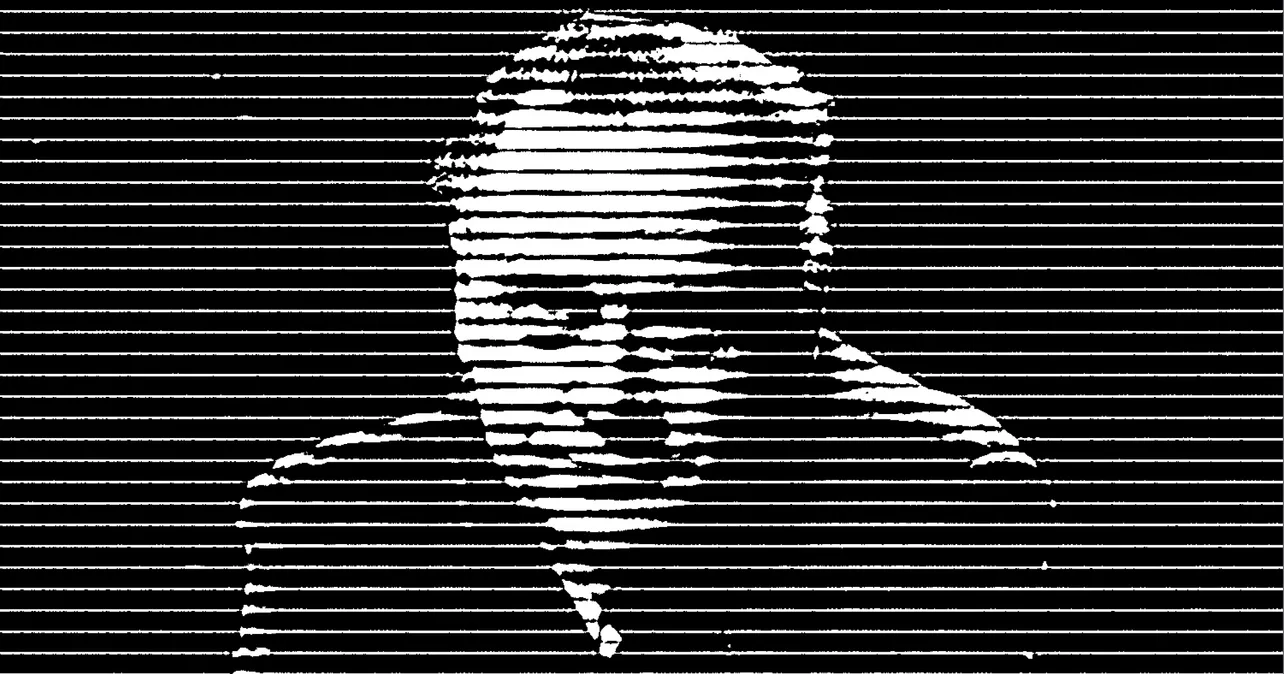I hated that saying ever since I first heard it said: “The medium is the message.” Not because of what it was communicating, but because it seemed like one of those axioms people expect you to understand. I wish I had understood it right away. It would’ve saved me years of pursuing the wrong media.
You may recall that, in this column, I’ve proudly proclaimed how “magic is medium-agnostic.” But that doesn’t mean the medium doesn’t matter. It might be the thing that shapes how your audience experiences your magic. So I’d like to look deeper into why, and how this idea that the “medium is the message” fits the narrative. You might end up finding inspiration here for something new.
But first, a history lesson. In the 1960s, a Canadian philosopher/media researcher, Marshall McLuhan, coined this phrase. McLuhan argued that the way something is delivered—TV, theater, or print—shapes the message more than the content itself. He cared less about what was being said, and more about how it was being said.

